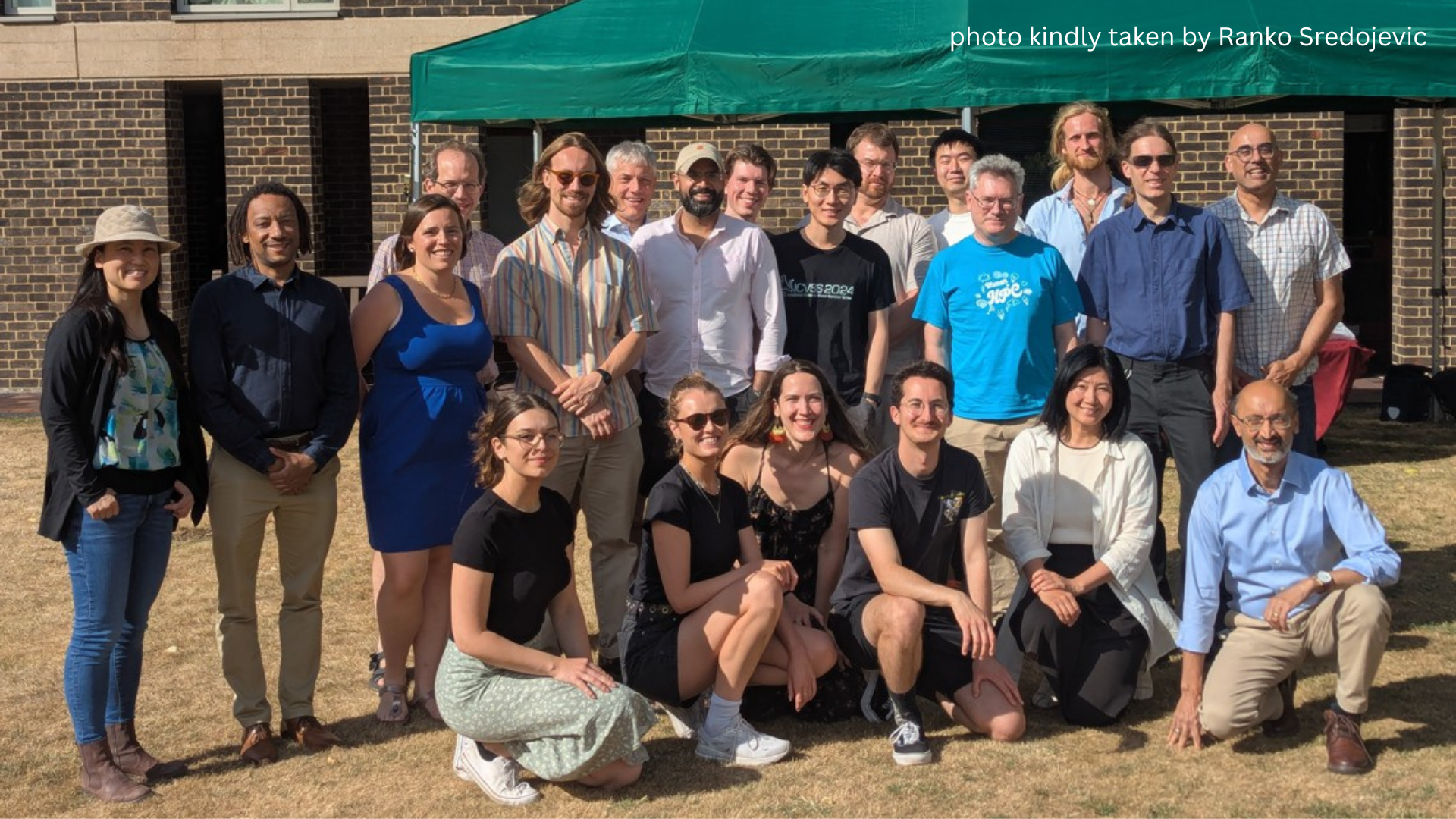*Abstract*
Accurate tree segmentation is a key step in extracting individual tree metrics from forest laser scans, and is essential to understanding ecosystem functions in carbon cycling and beyond.
Over the past decade, tree segmentation algorithms have advanced rapidly due to developments in AI. However existing, public, 3D forest datasets are not large enough to build robust tree segmentation systems.
Motivated by the success of synthetic data in other domains such as self-driving, we investigate whether similar approaches can help with tree segmentation.
In place of expensive field data collection and annotation, we use synthetic data during pretraining, and then require only minimal, real forest plot annotation for fine-tuning.
We have developed a new synthetic data generation pipeline to do this for forest vision tasks, integrating advances in game-engines with physics-based LiDAR simulation.
As a result, we have produced a comprehensive, diverse, annotated 3D forest dataset on an unprecedented scale.
Extensive experiments with a state-of-the-art tree segmentation algorithm and a popular real dataset show that our synthetic data can substantially reduce the need for labelled real data.
After fine-tuning on just a single, real, forest plot of less than 0.1 hectare, the pretrained model achieves segmentations that are competitive with a model trained on the full scale real data.
We have also identified critical factors for successful use of synthetic data: physics, diversity, and scale, paving the way for more robust 3D forest vision systems in the future.
Our data generation pipeline and the resulting dataset are available at https://github.com/yihshe/CAMP3D.git.
*Bio*
Yihang She is a third-year PhD student in Computer Science at the University of Cambridge. His research focuses on advancing computer vision in the novel context of forest monitoring, spanning both close-range and satellite-based observations.


